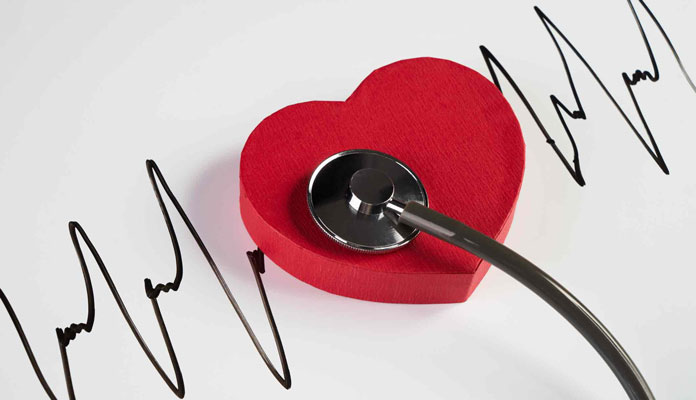The Food and Drug Administration has recently warned that a few antibiotics would result in painful or even fatal damage to the main artery in the body.
Fluoroquinolone antibiotics would increase the risks of an aortic dissection. Those patients who are already at risk need to be cautious before deciding to take those supplements, the FDA said.
In a statement, the FDA said: “A recent FDA review has found that the use of fluoroquinolone antibiotics could increase the occurrences of rare yet serious events of tears or ruptures in the main artery of patients’ body, which is also called as the aorta. Those ruptures or tears, also known as aortic dissections, of an aortic aneurysm would lead to severe bleeding or death.
“Fluoroquinolones shouldn’t be used in those patients who are at increased risks unless there is no other treatment option available. Patients at increased risks include those people with a history of abnormal bulges (aneurysms) or blockages of the aorta and other blood vessels, some genetic disorders which involve changes in the blood vessel, high blood pressure, and the older.”
The FDA announced that the latest risk guidance would be added soon to the prescribing information and labels of fluoroquinolone drugs. The institution has also warned that other powerful antibiotics should be taken only when it is absolutely necessary since they can lead to some side effects involving the central nervous system, nerves, joints, muscles, as well as tendons.
“Health care professionals and doctors should stop prescribing fluoroquinolone drugs to those people who are at risks of an aortic aneurysm or suffering from an aortic aneurysm, such as those with hypertension, peripheral vascular diseases, and a couple of genetic conditions like Ehlers-Danlos syndrome and Marfan syndrome. The same should also be applied to elderly patients. It is necessary to keep in mind that they should only prescribe fluoroquinolones antibiotics to those patients when there are no other available treatment,” the FDA said.
Whenever patients feel signs of an aortic dissection, they should come to the emergency room or call 911 as soon as possible. These symptoms include constant, severe, and sudden pain in the back, chest, or stomach. Those people who are having high blood pressure and know that they are suffering from heart disease or an aneurysm, a condition with thin artery wall should inform their doctors or health care providers before deciding to take antibiotics.
High pressure in blood is basically the primary cause of the aortic dissection, which causes the aorta or the inner wall layer to tear away from the middle one.
Fluoroquinolones are a group of antibiotics that are wildly used. These include Avelox or also known as moxifloxacin, Factive or gemifloxacin, Levaquin or levofloxacin, and Cipro or ciprofloxacin. They are commonly prescribed to help patients treat urinary tract and upper respiratory infection.
“Keep in mind that signs of an aortic aneurysm do not usually show up till the aneurysm bursts or gets large, so make sure to report any abnormal side effects after taking fluoroquinolones antibiotics to your doctor immediately,” said the FDA.
Reference:
https://www.fda.gov/NewsEvents/Newsroom/FDAInBrief/ucm628956.htm
https://www.abcactionnews.com/news/fda-warns-antibiotic-can-cause-fatal-heart-damage
Below are other articles that you may be interested in:
Signs and Symptoms of Heart Diseases
12 Symptoms of Congestive Heart Failure
12 Causes of Congestive Heart Failure









